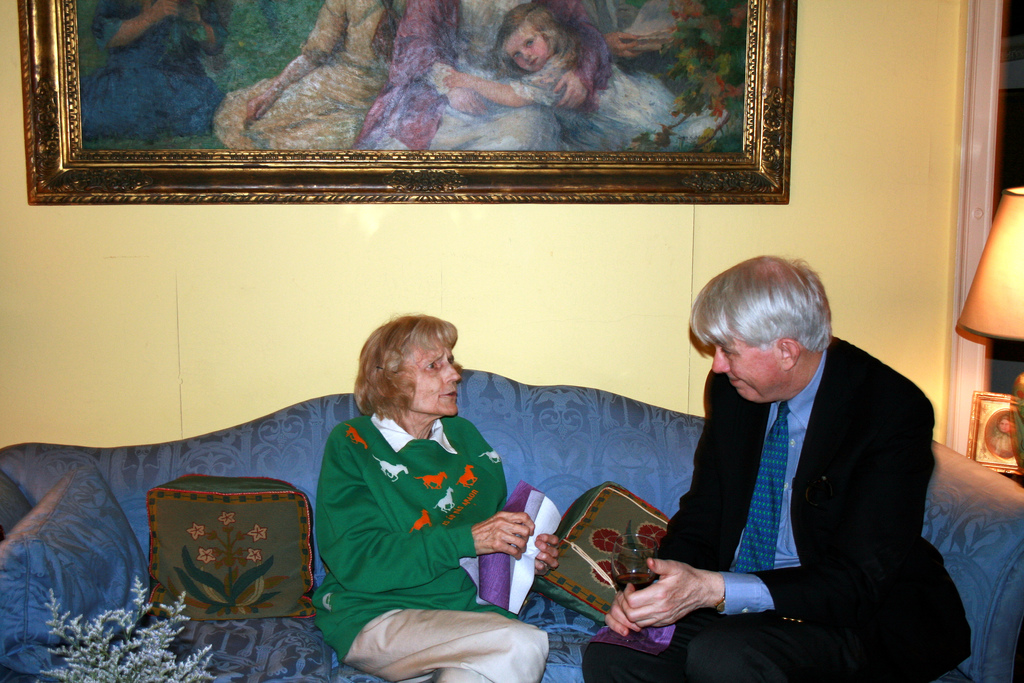Where The Needs Of Others Come First · Available 24x7 For Emergencies

New Sensors and Alerts Improve Monitoring Ability
It’s not hard to let our imaginations run wild and picture a world in which seniors are served, protected, and cared for by machines instead of people. In Japan, research on robot service is proceeding full steam ahead, and when you think about it, we already depend on technology for many of the tasks that people used to perform for us. Thermostats keep us comfortable year round, vehicles come with gadgets that assist us as we drive, and automated prescription dispensers make it easy for patients to take the right dose at the right time. Here are a few new inventions that are right around the corner—or already on the market.
Sleep Detectors
One primary advantage of technological devices is that they never sleep. As long as they are plugged in, they can function on a continuous basis. That advantage is put to full use with a new sensor that monitors a senior’s activity overnight. A senior doesn’t even need to physically wear the sensor; it senses his breathing and other patterns through the mattress. If a medical emergency disrupts those patterns, the device can send an alert to respondents. This kind of technology provides an unprecedented opportunity for family members to know as soon as something is wrong during the night.
Vital Sign Measurement
A number of different products are capable of measuring blood pressure, breathing, and other vital signs without a nurse—or anyone else—present. For a senior who is capable of using such a device on his own, this approach eliminates many complications. Even if the help of an in-home caregiver or family member is needed, at-home monitoring is highly preferable to making multiple visits to the doctor’s office for checkups.
Given the apparent direction of vital sign measurement technology, tablet-style computers are probably the single most important device for seniors to learn to use. Apps and attachable devices promise to greatly expand an elderly person’s ability to monitor his own health and pass the data on to medical professionals.
Whole-House Monitoring
A few particularly enthusiastic lovers of technology have already created entire houses that are wired to monitor the resident’s actions on a continual basis. This kind of system is largely untested and very expensive, but the concept behind it is that wherever a senior travels in the home, detectors are measuring her walking gait, heart rate, time spent in a single location, and searching for indications that something is wrong. A senior who gets out of bed in the middle of the night in such a house would be greeted by lights automatically coming on, reducing the risk of falls. If the family is concerned about dementia causing the senior to act in an unsafe manner, the system could alert designated people when there is unusual activity.
Photo by David Boyle in DC 
